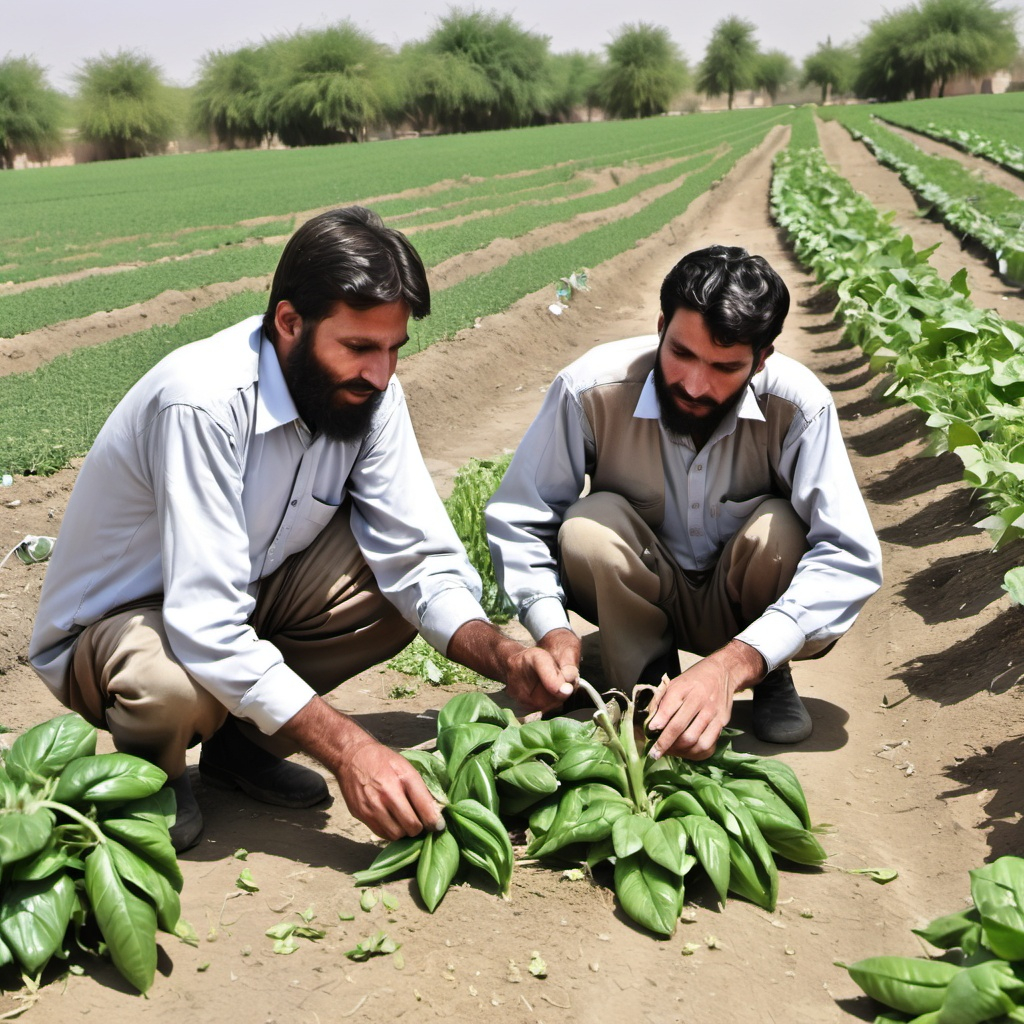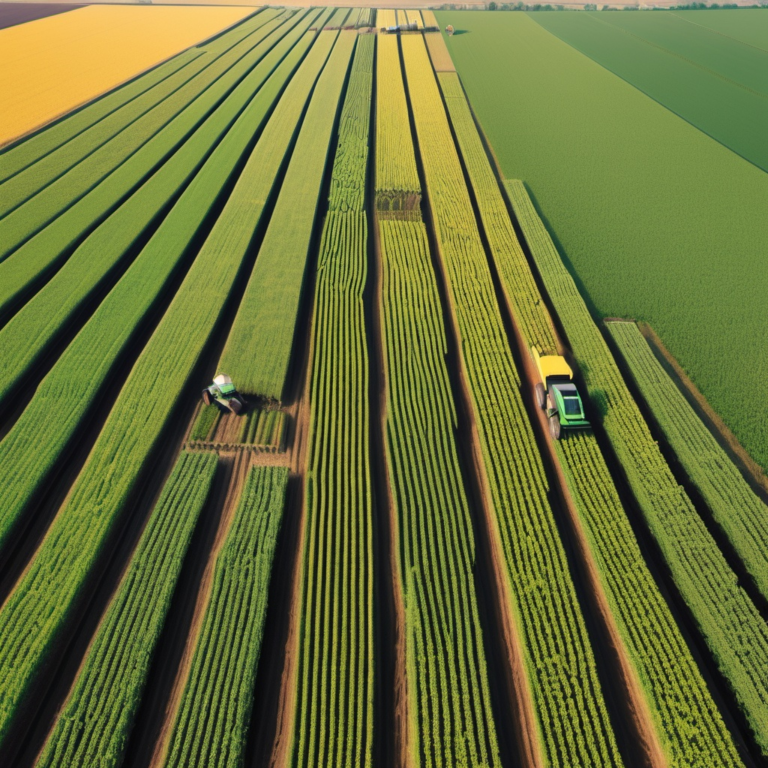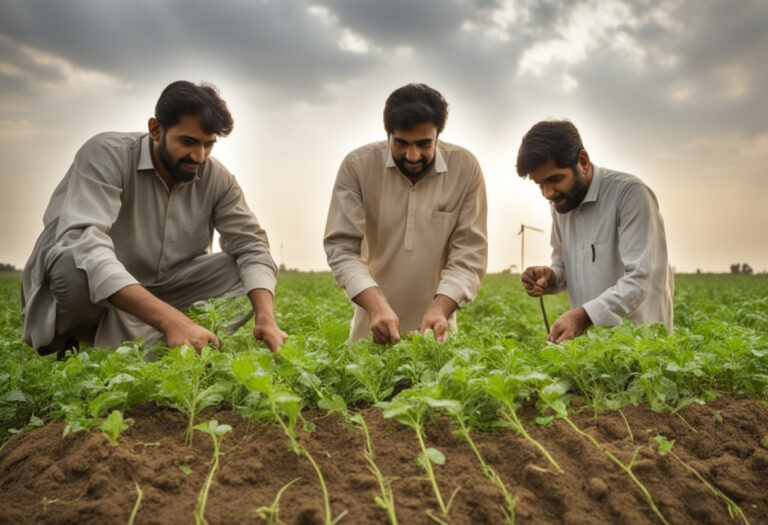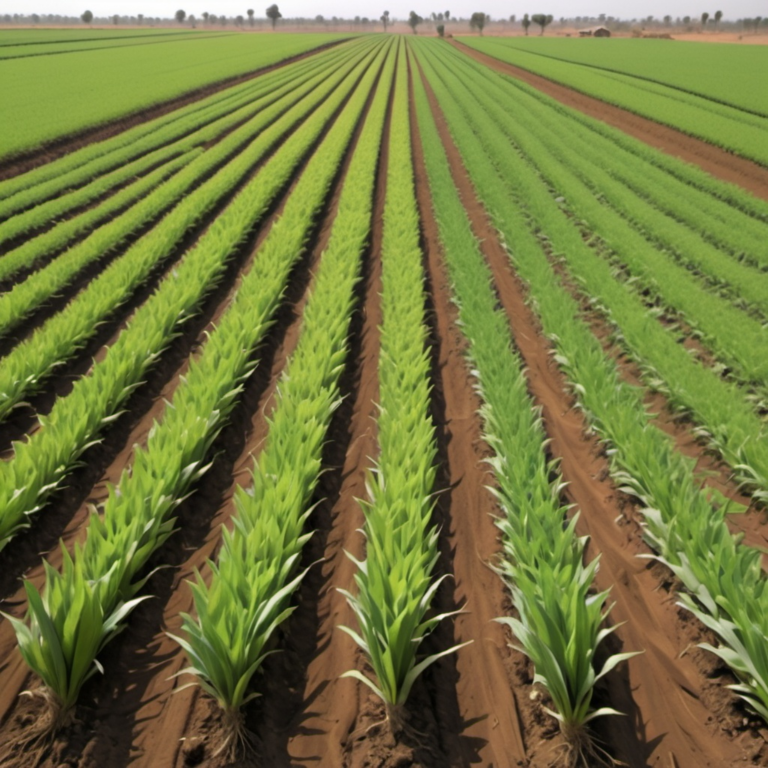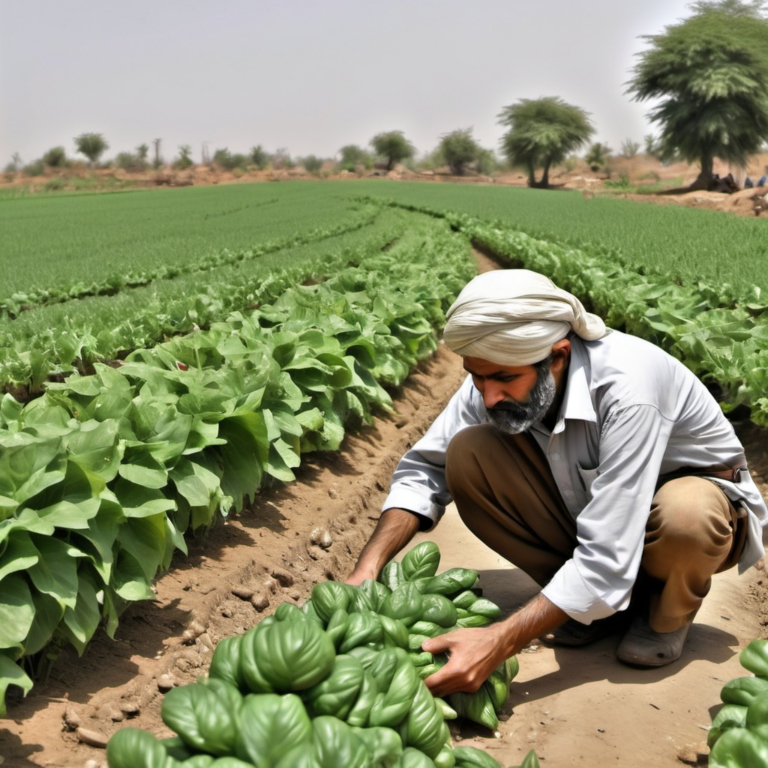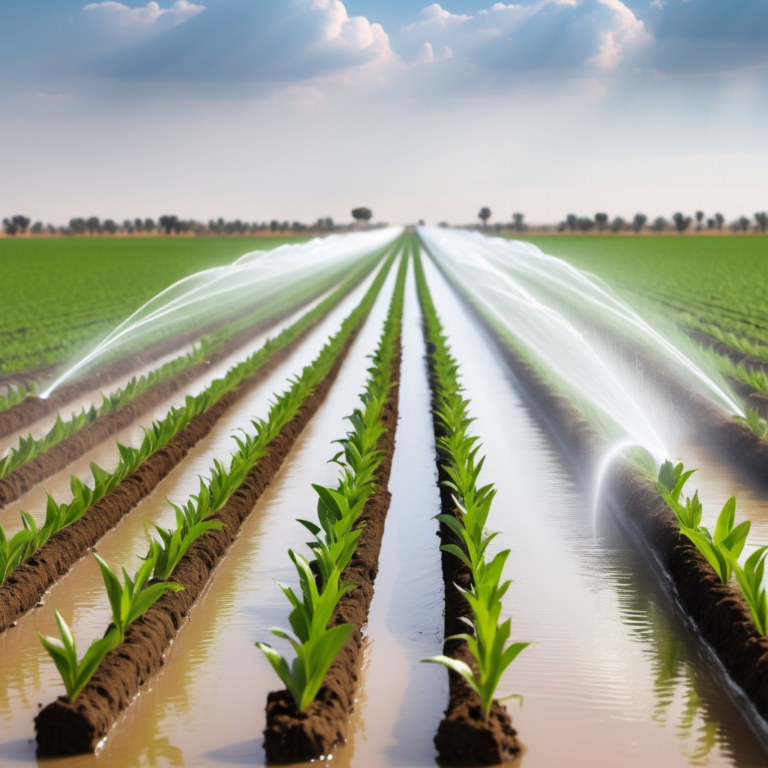Promoting Sustainable Agriculture through Farmer Education and Training Programs in Pakistan
Agriculture remains the backbone of Pakistan’s economy, employing nearly 40% of the labor force and contributing significantly to GDP. However, the sector faces immense challenges, including declining soil fertility, water scarcity, and the impacts of climate change. These issues threaten not only food security but also the livelihoods of millions of farmers. To combat these challenges, promoting sustainable agriculture through education and training programs is essential. By equipping farmers with the knowledge and skills to implement environmentally friendly and efficient farming practices, Pakistan can ensure a more resilient and sustainable agricultural future.
The Need for Sustainable Agriculture in Pakistan
Pakistan’s agriculture heavily relies on outdated farming practices, which often lead to environmental degradation and reduced productivity. The overuse of chemical fertilizers and pesticides has led to deteriorating soil health and water pollution, while inefficient water management is exacerbating the country’s water crisis. Furthermore, climate change has intensified challenges, causing irregular weather patterns, floods, and droughts, all of which directly impact agricultural output.
Sustainable agriculture offers solutions to these problems by promoting practices that conserve natural resources, enhance soil health, and improve crop resilience to climate variability. However, widespread adoption of sustainable techniques requires robust farmer education and training programs.
Key Areas of Focus for Farmer Education in Pakistan
- Water Conservation and Management:
Pakistan faces acute water shortages, with agriculture consuming over 90% of the country’s freshwater resources. Educating farmers about efficient water management techniques such as drip irrigation, rainwater harvesting, and laser land leveling can drastically reduce water waste. Training programs should also focus on building awareness about the impact of excessive water usage and promoting water-efficient crop varieties, especially in water-stressed regions. - Soil Health Management:
The overuse of chemical fertilizers in Pakistan has led to declining soil fertility, threatening long-term agricultural productivity. Educating farmers on organic farming practices, crop rotation, and the use of natural fertilizers like compost can help restore soil health. Training on conservation agriculture practices such as no-till farming and cover cropping can further improve soil quality and reduce erosion, ensuring sustainable land use for future generations. - Climate-Smart Agriculture:
Pakistan is highly vulnerable to climate change, with farmers already facing the effects of extreme weather events. Training programs should emphasize climate-resilient farming techniques, including the adoption of drought-resistant and flood-tolerant crop varieties. Educating farmers on how to diversify crops and implement agroforestry can help mitigate climate risks and provide alternative income sources during extreme weather events. - Integrated Pest Management (IPM):
The excessive use of pesticides has caused environmental damage and health hazards in Pakistan’s agricultural regions. Training farmers in Integrated Pest Management (IPM) can reduce reliance on harmful chemicals by promoting biological pest control, crop diversification, and the use of natural predators. IPM reduces costs for farmers while protecting ecosystems and human health. - Adoption of Technology:
The integration of digital tools and technology can transform farming practices in Pakistan. Mobile apps, satellite data, and remote sensing technologies can provide farmers with real-time information about weather conditions, soil health, and market prices. Training farmers to use these tools enables precision farming, where inputs such as water, fertilizers, and pesticides are used efficiently, reducing waste and boosting productivity.
The Role of Farmer Training Programs
Effective training programs must be localized and practical, taking into account regional variations in climate, soil, and water availability. Collaboration between the government, non-governmental organizations, universities, and private sector companies is crucial in designing and implementing these programs. Demonstration farms, farmer field schools, and workshops can offer hands-on experience, ensuring farmers are confident in adopting new practices.
Moreover, farmer-to-farmer knowledge sharing through community-based organizations can help disseminate information to more remote areas, fostering widespread adoption of sustainable techniques.
For Pakistan to build a sustainable agricultural future, empowering farmers through education and training is essential. By promoting water conservation, soil health, climate resilience, and the use of modern technology, Pakistan can improve agricultural productivity while safeguarding the environment. Sustainable agriculture not only protects the nation’s natural resources but also secures the livelihoods of farmers, ensuring food security for generations to come.

